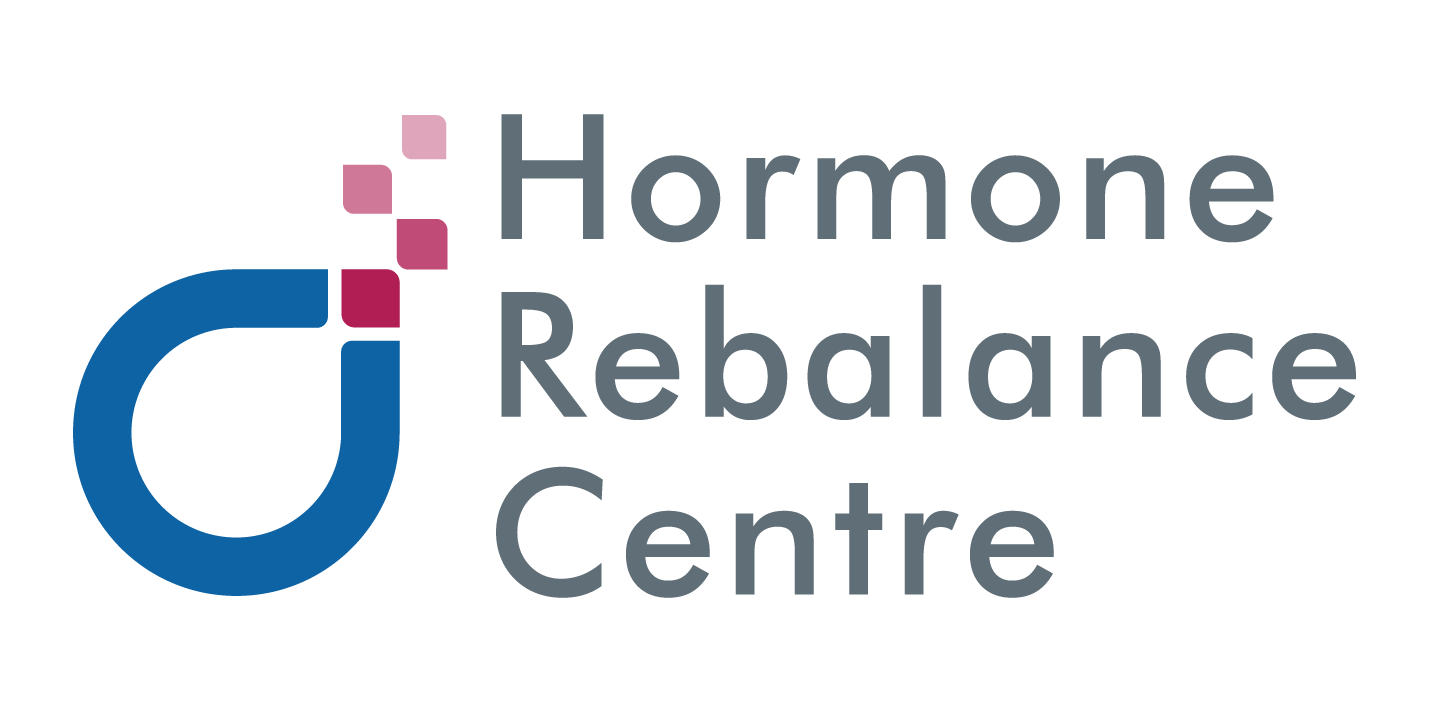Indigestion is like the new fatigue; seems like everyone has it and everyone has learned to live with it. Especially if it’s not severe, people accept it as their “norm”. This includes anything from bloating, gas, heartburn, irregular bowel movement, stomach aches, nausea or uncomfortable fullness during or after a meal.
While some digestive issues can be complex and can have several underlying factors, if there is one system you want to keep happy, it’s the digestive tract. In the gut we house 70% of our immune system, absorb all our vitamins, minerals and nutrients and produce majority of our serotonin, the “happy hormone”, which is why the gut is also known as the second brain.
Today I would like to cover 4 common causes of indigestion and bloating.
#1: The type of food we eat:
This is a no brainer! Certain food groups are certainly more likely to cause bloating, such as gluten, grains and dairy for some.
It’s important to pay close attention to patterns; when do you feel the indigestion? After every meal? At a specific time of the day? Right after eating or 2-3 hours after eating? After specific foods or food groups? Etc.
If you want to take out some of the guesswork; you may want to consider testing for food sensitives. These are different from food allergies (immediate anaphylactic reaction to a certain food such as shortness of breath, itching throat, eyes or skin, hives etc.). Food sensitivities are a delayed immune response that can present with gut symptoms or more systemic symptoms such as fatigue or headaches.
In practice I do many of these tests. If a patient has a prominent food group, such as dairy, simply eliminating or cutting back on the specific food group could give some relief. However if there are sensitivities to many food groups, that speaks to the state of the gut and may indicate leaky gut, inflammation and an overactive immune system. This requires more in-depth healing. If you want to learn more about this, read here.
#2: Dysbiosis: imbalance between your good and bad bacteria
We have about 100 trillion bacteria in our gut! There are many things that can change the balance between the good and the bad bacteria, such as use of antibiotics, poor quality diet, high sugar food, stress, infections and many others.
Bad bacteria is not the only concern, we can also have an overgrowth of candida, a type of yeast we all have but if can overgrow under certain conditions.
Dysbiosis or candida overgrowth can cause anything from bloating, to stomach aches, irregular bowel movements, gas, generalized fatigue, brain fog, joint pain and even weight gain.
Some tips to help reset this imbalance include supplementing with good bacteria in the form of a probiotic or fermented foods that contain natural probiotics, such as Kefir (fermented dairy), kombucha (yummy fermented tea), sauerkraut, kim-chi or naturally fermented pickles or tomatoes.
#3: Low stomach acid
Some symptoms of this could include heartburn (contrary to common belief that it’s due to too much stomach acid), low protein diet and feeling full as soon as you start eating.
A simple way to assess if this may be your issue is take a low dose of a stomach acidifier and assess whether you feel better or not. To correct this you can take hydrochloric acid in the form of betaine hydrochloride; starting with a low dose and gradually increasing it up to your tolerance (point of discomfort, then cutting back). This should be supervised by a healthcare provider.
Another easy way to stimulate your digestive enzymes is to take up to 1-2 tablespoons of apple cider vinegar before meals; again starting low at first and gradually increasing. This can help improve digestion, absorption of vitamins and minerals and has even been shown to help weight loss.
#4: Insufficient digestive enzymes
Digestive enzymes are used to help you better break down carbs, proteins and fats. They are naturally found in raw fruit and vegetables and fermented foods such as those listed above.
Having a diet low in raw fruit and vegetables could mean you are not getting enough external sources of digestive enzymes. This adds to the body’s burden to continuously produce its own, on top of the fact that most people eat a diet that is hard to digest to begin with. Overtime this leads to an overall deficiency.
The key solution is of course to eat more raw fruit and vegetables and fermented foods or take a digestive enzyme supplement to help relieve your symptoms as you are working on improving your diet.
These are some of the common causes of bloating and digestive symptoms. There are many effective natural solutions to all sorts of gut ailments, however it’s important to properly assess what are the likely causes first. Talk to your practitioner about whether foods sensitivity, candida, SIBO, stool culture or other tests may be relevant for you and how to best tackle your specific symptoms.

No Comments